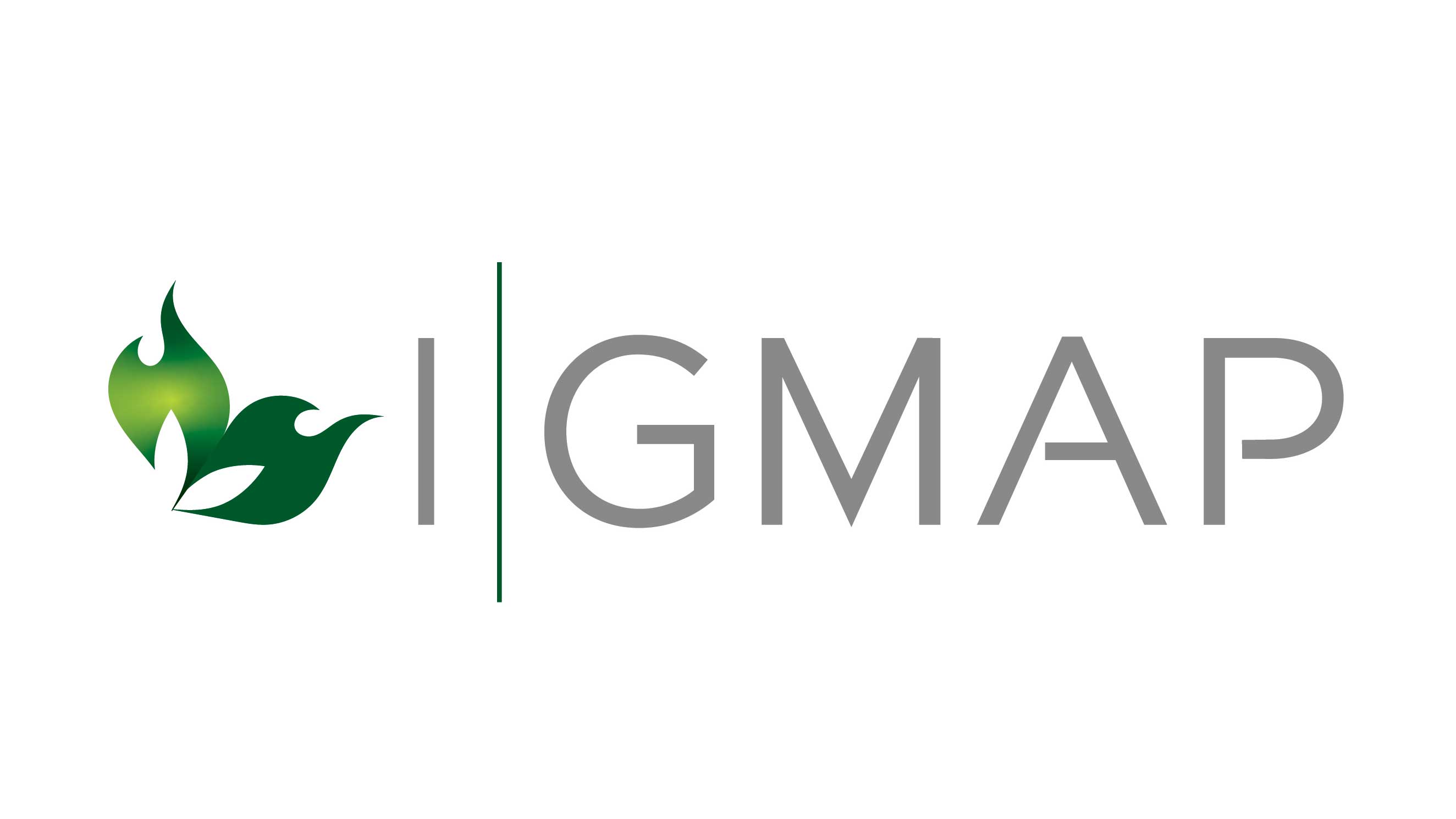The Institute for Genocide and Mass Atrocity Prevention (I-GMAP) aims to push the field beyond the study of the Holocaust and other past genocides or the prediction of future risks based on analysis of data, to focus on prevention. I-GMAP recognizes mass atrocities as complex processes that include multiple opportunities for disruption or prevention. As opposed to the limited view of atrocity prevention as conflict management and intervention in the midst of crisis, I-GMAP advocates for a broad definition of mass atrocity prevention that includes strategies to reduce the likelihood of violence before it starts, mitigate harm and motivate an end to conflicts once they begin, and rebuild in the aftermath of atrocities. This model of atrocity prevention also assigns responsibility for prevention to individuals and organizations in all lines of work and at all levels, not simply the official leaders of nation states. Effective prevention thus spans all disciplines and professions. I-GMAP aims to push the field beyond the study of the Holocaust and other past genocides or the prediction of future risks based on analysis of data, to focus on prevention. I-GMAP recognizes mass atrocities as complex processes that include multiple opportunities for disruption or prevention. As opposed to the limited view of atrocity prevention as conflict management and intervention in the midst of crisis, I-GMAP advocates for a broad definition of mass atrocity prevention that includes strategies to reduce the likelihood of violence before it starts, mitigate harm and motivate an end to conflicts once they begin, and rebuild in the aftermath of atrocities. This model of atrocity prevention also assigns responsibility for prevention to individuals and organizations in all lines of work and at all levels, not simply the official leaders of nation states. Effective prevention thus spans all disciplines and professions.



